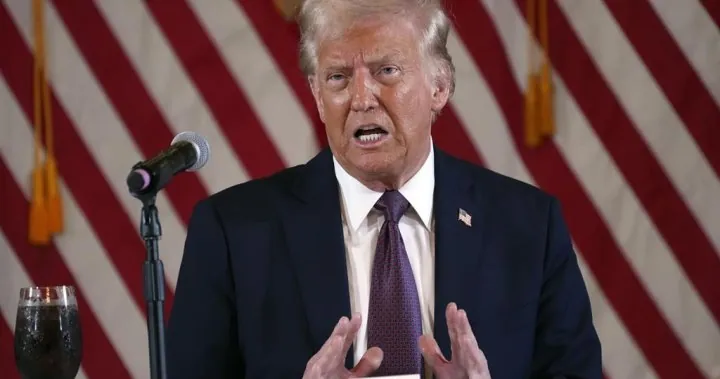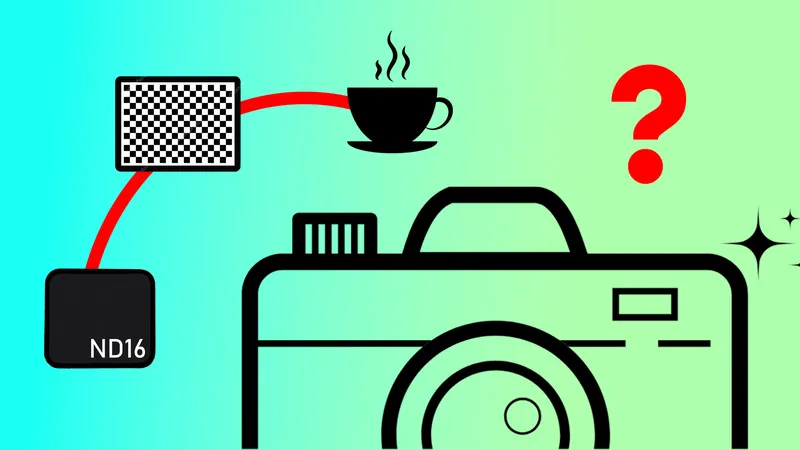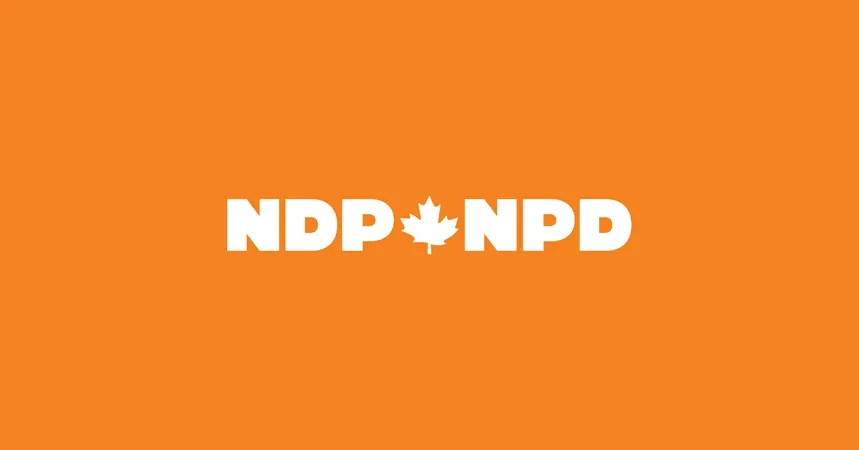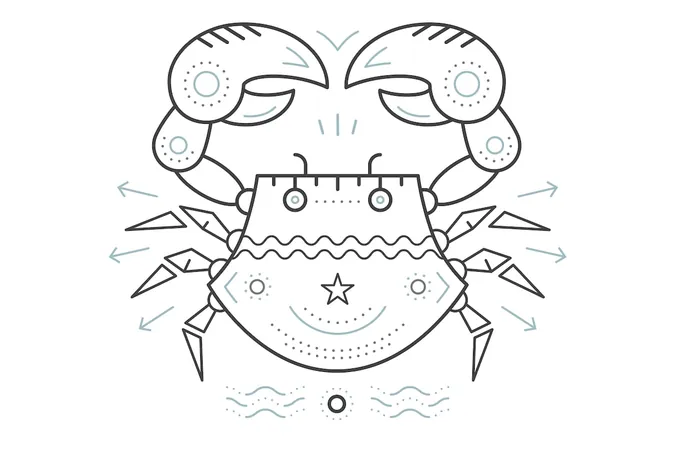
Could Trump Really Impose 25% Tariffs on Canada? Here’s What You Need to Know!
2025-01-11
Author: Noah
Could Trump Really Impose 25% Tariffs on Canada?
As Donald Trump prepares for his return to the White House, speculation is rife regarding his potential decision to declare a national emergency and impose a hefty 25% tariff on imports from Canada. This controversial move may hinge on his use of the International Economic Emergency Powers Act (IEEPA), a national security statute that grants the president significant control over economic transactions during emergencies.
Former general counsel for the Office of the U.S. Trade Representative, Greta Peisch, suggests that Trump's linkage of tariff actions to pressing issues like the opioid crisis and border security could serve as a justification for invoking IEEPA. "It would be a new tool in the tariff toolbox," Peisch noted, indicating that, while previous administrations have not employed IEEPA for tariffs, Trump might be willing to break this precedent.
Historically, Trump has threatened to use similar economic measures. During his first term, he proposed a 5% tariff on Mexico to address illegal immigration but ultimately reached an agreement that negated the need for such sanctions. Now, reports indicate that Trump is once again contemplating declaring an economic emergency to wield this powerful statute against Canada.
In addition to IEEPA, Trump's administration could leverage sections of the Trade Act of 1974 or the Trade Expansion Act of 1962 to initiate tariffs, highlighting that options are very much on the table. Troublingly for Canada, the recently signed Canada-U.S.-Mexico Agreement, intended to facilitate trade among the three nations, does not preclude member countries from taking measures deemed essential for their own security.
In light of these developments, Canadian Prime Minister Justin Trudeau and Finance Minister Dominic LeBlanc have not hesitated to engage directly with U.S. officials. Their attempts to mitigate the potential impact of these tariffs included a $1.3 billion border security investment announced earlier this year. However, Trump continues to exacerbate fears, claiming, “We don’t have tariffs on them yet but that will happen,” leaving many to wonder just how serious his threats are.
Moreover, Trump has gone on record suggesting that Canada should become the 51st state, escalating rhetoric that has already stirred concerns across the border. In response, Canadian officials are bracing for the looming threat of tariffs, with Foreign Affairs Minister Mélanie Joly urging preparation for possible retaliatory measures.
Experts assert that this evolving trade tension transcends traditional tariff disputes. Wolfgang Alschner, an associate professor in international economic law, argues that the connection between the proposed tariffs and broader border security issues exemplifies a form of "economic coercion." This approach not only jeopardizes trade relations but also risks the long-term sovereignty of Canadian economic policy.
Given the grave implications of such tariff measures, experts suggest Canada must proactively engage with the incoming Trump administration to address economic security concerns and resolve ongoing trade disputes. “It’s really imperative that this kind of game, because we are playing with fire here, doesn’t get out of hand,” concluded Alschner.
As the situation unfolds, businesses and consumers on both sides of the border are left anxiously awaiting decisions that could reshape the very fabric of U.S.-Canada relations. Stay tuned as we monitor this developing story! Will Trump's bold economic strategies lead to a trade war, or will cooler heads prevail?









 Brasil (PT)
Brasil (PT)
 Canada (EN)
Canada (EN)
 Chile (ES)
Chile (ES)
 Česko (CS)
Česko (CS)
 대한민국 (KO)
대한민국 (KO)
 España (ES)
España (ES)
 France (FR)
France (FR)
 Hong Kong (EN)
Hong Kong (EN)
 Italia (IT)
Italia (IT)
 日本 (JA)
日本 (JA)
 Magyarország (HU)
Magyarország (HU)
 Norge (NO)
Norge (NO)
 Polska (PL)
Polska (PL)
 Schweiz (DE)
Schweiz (DE)
 Singapore (EN)
Singapore (EN)
 Sverige (SV)
Sverige (SV)
 Suomi (FI)
Suomi (FI)
 Türkiye (TR)
Türkiye (TR)
 الإمارات العربية المتحدة (AR)
الإمارات العربية المتحدة (AR)